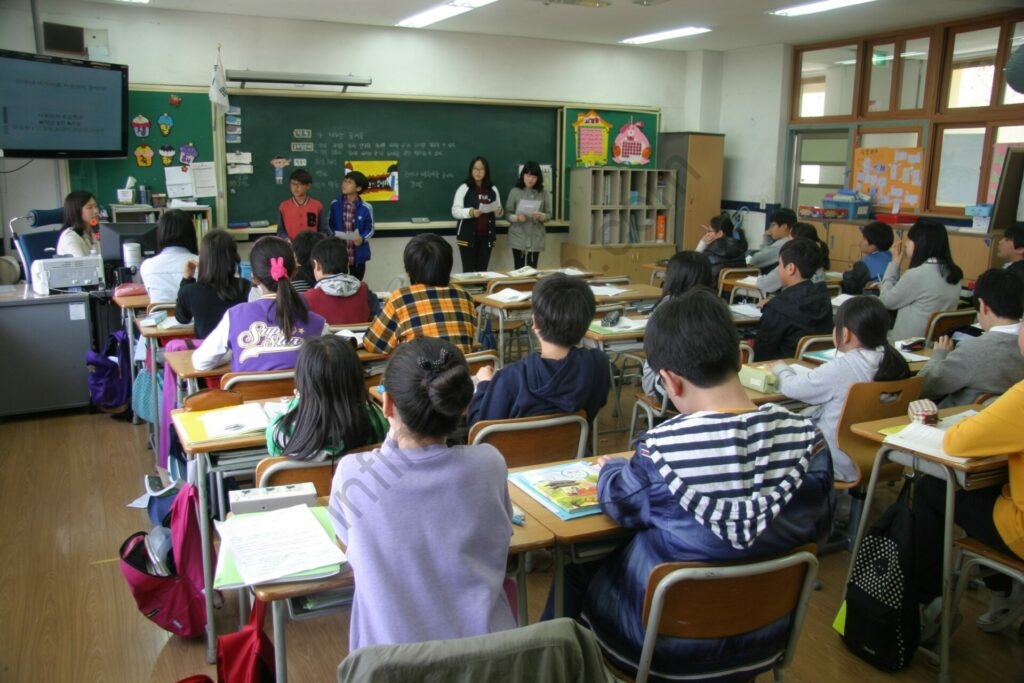Table of Contents

Story
Storytelling is our obligation to the next generation. If all we are doing is marketing, we are doing a disservice, and not only to our profession but to our children and their children. Give something of meaning to your audience by inspiring, engaging, and educating them with the story. Stop marketing. Start storytelling.” -Laura Holloway, Founder and Chief of the Storyteller Agency.
- According to research, storytelling is an effective approach for assisting children in comprehending their surroundings. It also helps children see themselves in situations similar to those described by the storyteller. Stories make learning more interesting for students while also supporting them in better absorbing important information.
Storytelling’s Advantages
- For starters, the narrative is a refreshing change of pace. It gives a pause in the lecture, class discussion, or group activity by varying the delivery of the subject. Students’ attention is drawn to stories, which helps them concentrate on the lesson at hand. They may also encourage pupils to consider the material in new ways. Students, like the majority of the population, associate stories with enjoyment. You may relax, listen, and let yourself get carried away by the story—the material comes to life.
- Second, stories assist teachers and students in forming bonds. Telling a personal anecdote to your students might help you and they develop a deep bond. As a result of this link, the classroom environment improves. It’s tough to describe your experiences without exhibiting your enthusiasm—important what’s to you, and why you’re so invested in the course’s topic. Students like seeing the personal aspect of their professors.
- Third, storytelling invites students to share their own experiences and examine how what occurred to them relates to the course subject, even if they don’t generally participate in class. Students will sometimes discuss their experiences in class, other times during an office visit, or with others outside of class. Sharing personal experiences fosters reciprocity and fosters an environment in which students are more ready to share not only their tales, but also their thoughts, insights, and questions.
- Stories have the ability to connect theory to real-life circumstances, making the theory more recognizable. A tale humanizes notions and theories that appear too scientific or obscure at first.
Images created from storytelling offer a sensory experience that makes recalling knowledge much easier, according to neuroscience. Students can use stories to connect concepts, statistics, and facts that may appear to be disparate pieces of information into a single mental image. This may be traced all the way back to John Dewey, who linked meaningful and long-lasting learning to lived experience. As a foundation for their learning, we must consider our students’ own lived experiences.
A word of warning
- Of course, storytelling has its own set of constraints and issues.
- Inappropriate stories have the potential to delegitimize the professor’s position. Students’ perceptions of you as a professor and as a person are shaped by personal information. Students hold academics in high regard as role models, and some personal tales may contain material that makes it difficult for students to look up to their teachers.
- Furthermore, excessive revelation or personal storytelling may serve to shatter the required barrier between students and their teachers. Students may grow too comfortable with a lecturer if they share too much personal information. Alternatively, the stories may make students feel uneasy, limiting their willingness to speak with us about subjects they don’t understand.
- If the story does not relate to the course material, it should not be told. Personal aggrandizing accounts, in which the storyteller is always the one who triumphs or does the right thing, are more likely to obstruct rather than promote learning.
- It takes preparation and practice to tell a good story. Before incorporating each story into the course material, instructors should think about it thoroughly. Students should be able to understand the narrative’s objective quickly, and they should be encouraged to consider how the story relates to the facts being taught, as well as similar situations they’ve had in their own lives.
Tips
Personal storytelling may be a strong instructional tool when handled properly. Clear, short, well-rehearsed stories can help to establish good learning settings that not only develop and build teacher-student relationships, but also promote dynamic and interesting learning.
Pro-Tip
The first step toward your desired career is to do well on your 12th-grade board exams. InfinityLearn -The Learning App offers programmes to help you study for your boards and competitive examinations such as NEET. Infinity Learn visual learning methods will offer you the necessary boost to accomplish your best, with adaptive and engaging videos, sample test papers for each concept, and personalized feedback.
- Score high with Infinity Learn-The Learning App.
- You can get a free consultation with Infinity Learn professionals at your home to better guide you.
- Click Here to book now!
FAQs
Ques. 1. What are some of the ways that storytelling might assist kids in learning more effectively?
Ans.1. Students who learn by telling and reflecting on their stories acquire capacities to connect subjective and objective views, comprehend the nuances of experience, and make thoughtful changes to themselves and their behaviours.
Quest. 2. What makes narrative such an effective teaching tool?
Ans.2. According to research, storytelling is an effective method for helping children understand the world around them. It also helps children see themselves in situations similar to those described by the storyteller. Stories make learning more interesting for students while also supporting them in better absorbing important information.
Ques.3.What skills can children learn through storytelling?
Ans.3. Take a look at this list to learn about the benefits of storytelling for kids.
- Improves your child’s listening skills by instilling qualities in them.
- Encourages them to use their imagination
- Their cultural sensitivity has widened.
- Improves their ability to communicate
- Aida memory
- Improves social skills and facilitates learning.









